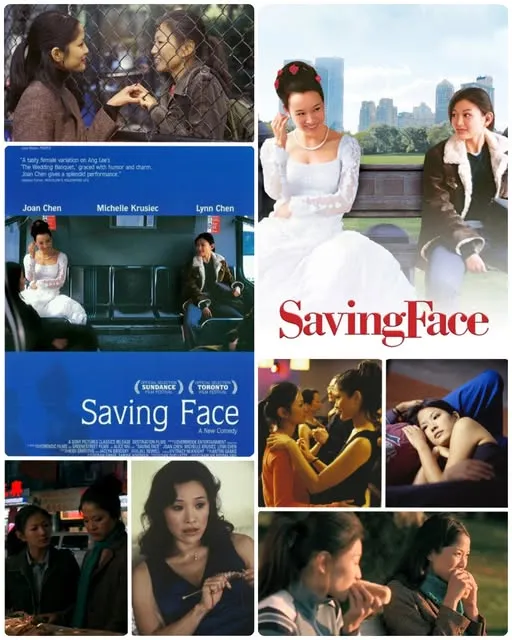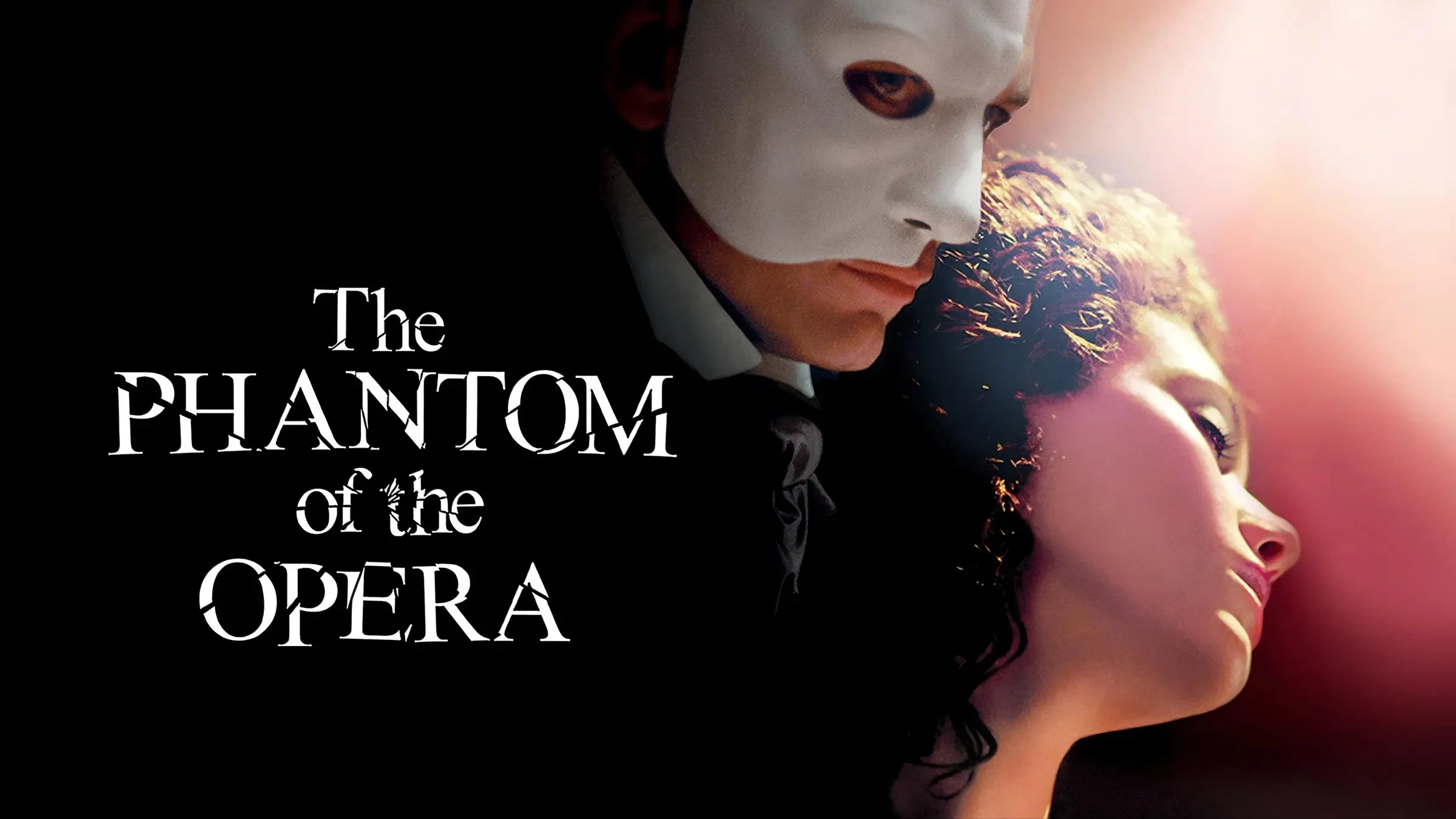Saving Face (2004)
Saving Face (2004), directed by Alice Wu, is a romantic comedy-drama that delves into the complexities of identity, family, and love, all within the context of Chinese-American culture. The film centers on Wilhelmina "Wil" Pang (Michelle Krusiec), a successful young surgeon living in New York City, who is struggling with her relationship with her conservative Chinese mother, Gao (Joan Chen). Wil is grappling with the pressures of her career, her secret sexual identity as a lesbian, and her family's expectations, particularly her mother's desire for her to marry a "respectable" Chinese man. Wil's life takes an unexpected turn when her mother, who has been widowed for years, arrives at Wil's apartment, pregnant and in need of support. This revelation not only shocks Wil but also forces her to confront her own feelings of shame, guilt, and confusion about her mother’s situation, as well as her own secret life. Meanwhile, Wil has begun a romance with a fellow surgeon, Vivian (Lynn Chen), whose openness about her sexual orientation contrasts sharply with Wil's more guarded approach. The film then explores the emotional and cultural dynamics that unfold between the characters. As Wil’s relationship with Vivian deepens, Wil finds herself navigating the delicate balance of living an authentic life while also managing her mother’s traditional values and the conservative expectations of her community. Gao’s pregnancy becomes a major plot point, as her own personal crisis challenges the family’s perception of reputation and the importance of "saving face." Gao, who is deeply embarrassed by the situation, tries to hide her pregnancy from their tight-knit community, which adds another layer of tension to the already strained relationship between her and Wil. Meanwhile, Wil continues to face the emotional weight of being unable to fully embrace her love for Vivian in public, especially with her family and community watching closely. As the relationship between Wil and Vivian grows more complicated, Wil is forced to examine what it means to love and be loved, especially in a world where familial expectations and cultural norms are in constant conflict with her personal identity.

The climax of Saving Face occurs when Wil must decide whether to live for herself or continue trying to meet her family's expectations. After a series of personal revelations and moments of introspection, Wil begins to understand that she cannot keep hiding parts of herself and her life. The film concludes with Wil finding the courage to embrace both her identity as a lesbian and the love she has for Vivian, while also learning to accept her mother's imperfections and the importance of family in its own unique form. In the end, Wil realizes that "saving face" doesn’t always mean preserving appearances for the sake of others’ expectations, but rather finding a way to reconcile one’s true self with the love and acceptance of those closest to them. This realization provides a sense of emotional closure, as Wil and her mother, despite their differences, begin to heal and embrace each other with more understanding and less judgment.

In conclusion, Saving Face is a heartfelt and thought-provoking film that offers a sensitive exploration of identity, culture, and the complexities of love within a traditional Chinese-American family. The film’s portrayal of Wil's internal struggle with her sexuality, her family’s expectations, and the broader themes of acceptance and personal growth resonates deeply with viewers. Alice Wu’s direction is tender and nuanced, making each character's emotional journey relatable and authentic. The chemistry between Michelle Krusiec and Lynn Chen adds depth and warmth to the central romance, while Joan Chen’s portrayal of Gao brings a compelling sense of the generational and cultural differences that shape the story. Saving Face is not just a story about coming out or family conflict; it is a universal exploration of what it means to be true to oneself while navigating the often complicated dynamics of love, family, and cultural tradition. It is an emotionally enriching film that encourages self-acceptance and highlights the importance of forging one’s own path while learning to reconcile with the past and the people who shaped us.




